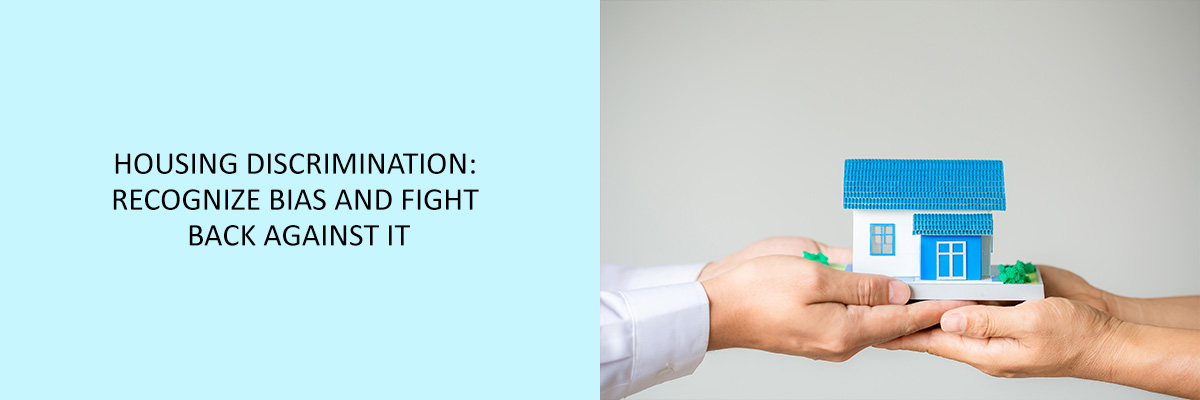In the United States, housing discrimination is a serious problem. It persists despite the fact that it is illegal. Housing discrimination takes many forms. Some landlords refuse to rent to people with children or pets, while others deny equal access to people with disabilities or make racist statements. The most common types of housing discrimination are based on race, national origin, disability, and gender, which is against the law.
Recent Regulatory Changes in the Fair Housing Act
The Federal Fair Housing Act (FFHA) was first implemented in 1968 with the goal of preventing and eliminating housing discrimination. A major change to the act in 1988 added the requirement for plaintiffs to prove that a housing provider acted with the intent to discriminate, a standard that became known as “discriminatory intent.” In recent years, the U.S. Department of Housing and Urban Development (HUD) has made several changes to the law that have made it easier for housing providers to escape prosecution for discrimination.
In February of 2017, the U.S Department of Housing and Urban Development (HUD) released a new rule that revised how housing discrimination cases would be handled. The agency is now giving greater power to defendants, allowing them to raise certain affirmative defenses, including issues related to “disparate impact” claims. Disparate impact is a situation where people of color may be disproportionately impacted by a policy that is not discriminatory on its face.
The Department of Housing and Urban Development (HUD) may have just made it even harder to prove discrimination in many instances, civil rights and housing rights attorneys say. On July 16, HUD published a notice in the Federal Register revising its guidance on the Fair Housing Act’s prohibition against racial discrimination in housing. The revisions remove language advising that disparate impact – when neutral policies have a negative effect on a particular racial group – may also be unlawful.
“The Trump administration rewrote the 2013 rules so that now not only do you have to prove that there is a harm caused by the policy or practice, but that it is significant—that there is a robust causal link and a direct relationship. These requirements are overlapping, confusing, and repetitive, and they work to keep a victim from even having their complaint heard,” says Ajmel Quereshi, senior counsel at the NAACP Legal Defense and Educational Fund, Inc.
Fight Back Against Housing Discrimination
Does your potential landlord refuse to rent to you because you have children? Do they refuse to sell you a home because you are gay? Do they refuse to rent to you because you are black? Do they refuse to sell you a home because you have a disability? Under the anti-discrimination and harassment laws, landlords of private property can lawfully refuse to sell or rent to anyone, and for any cause, as long as there is no discriminatory basis against a protected class.
Final Words
Fighting back discrimination requires patience, good legal advice, and gathering evidence and documentation. To know more about housing discrimination, attend the Compliance Prime webinar.


